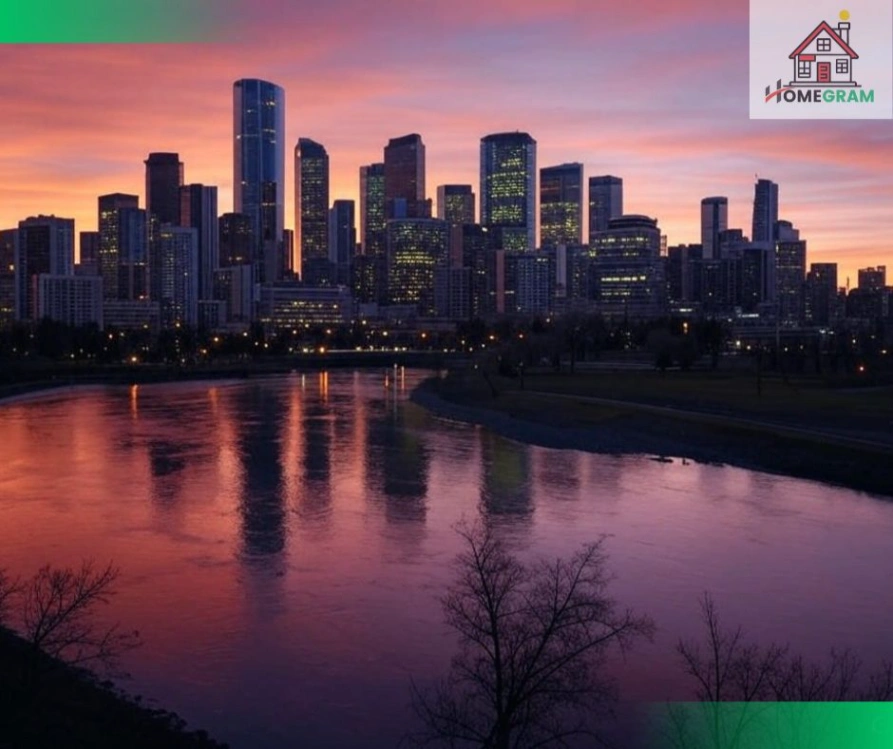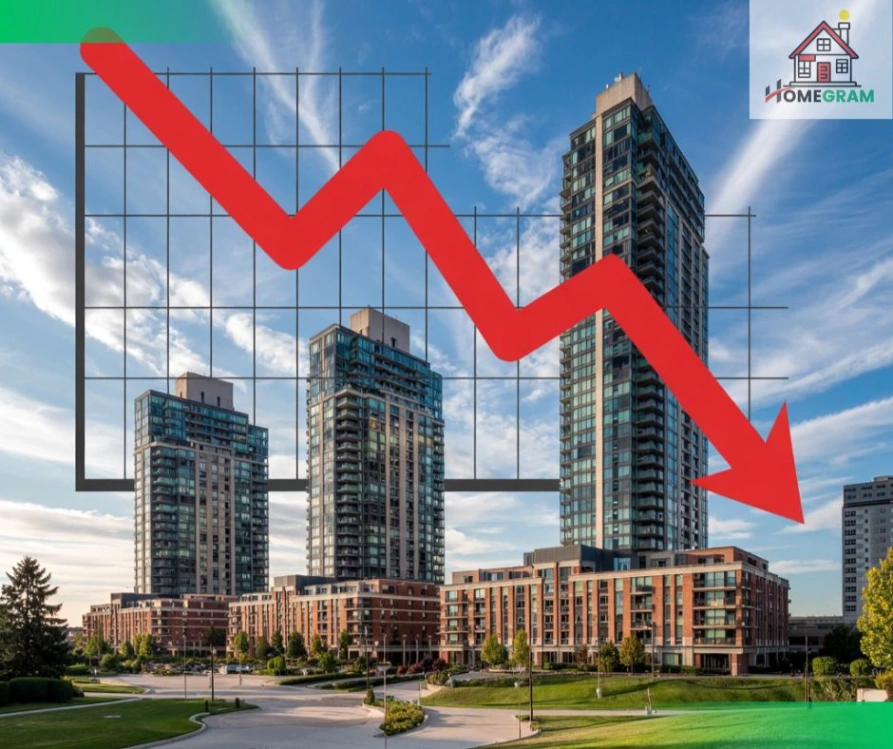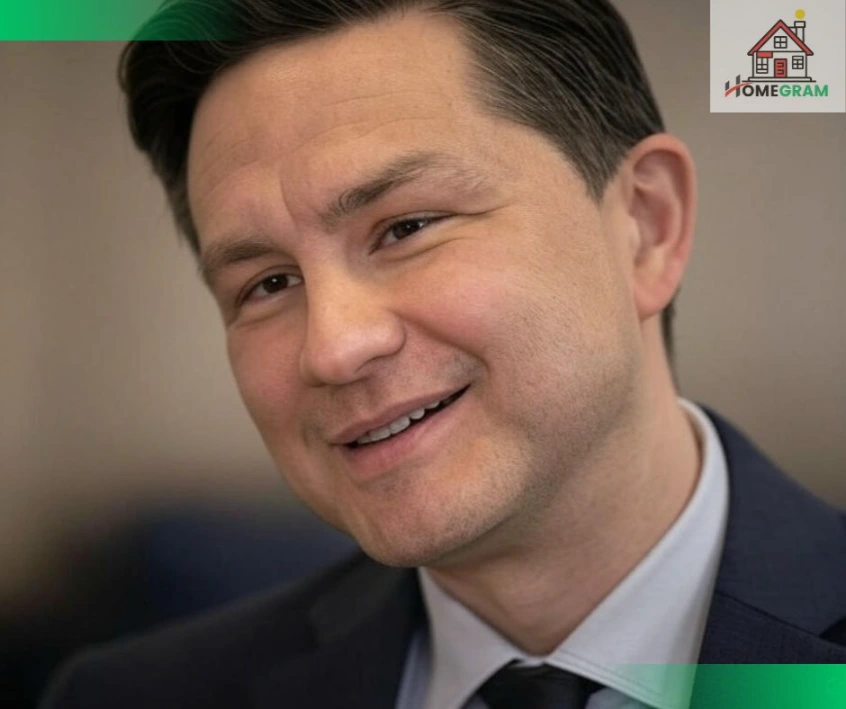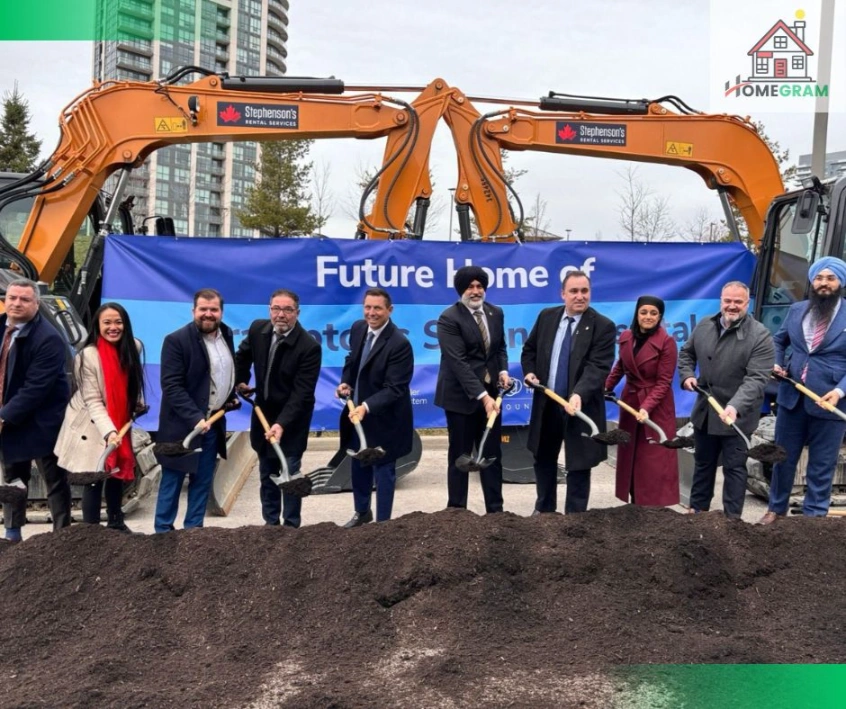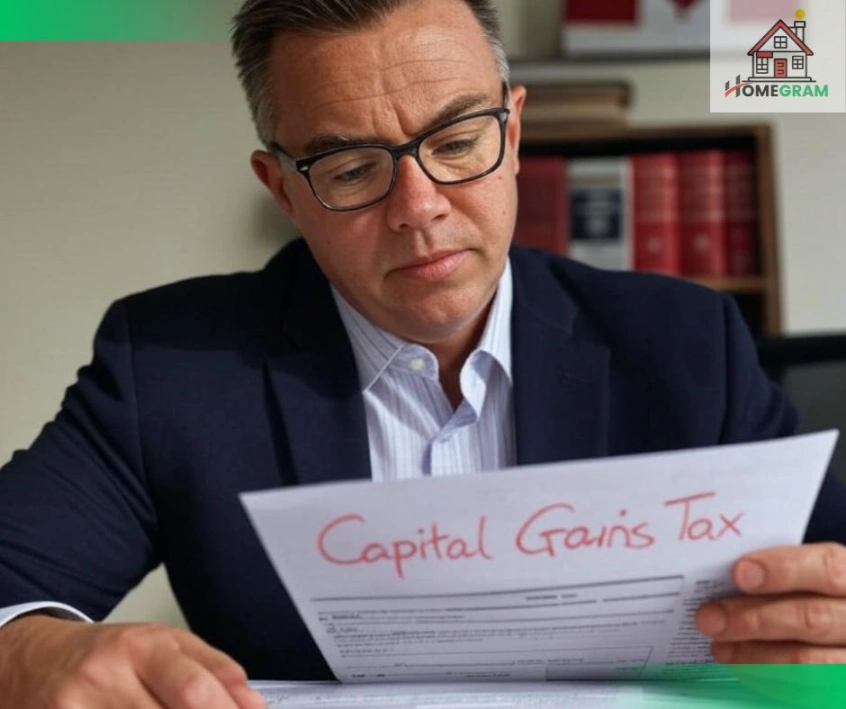Dubai Real Estate sales surge 40 per cent in February
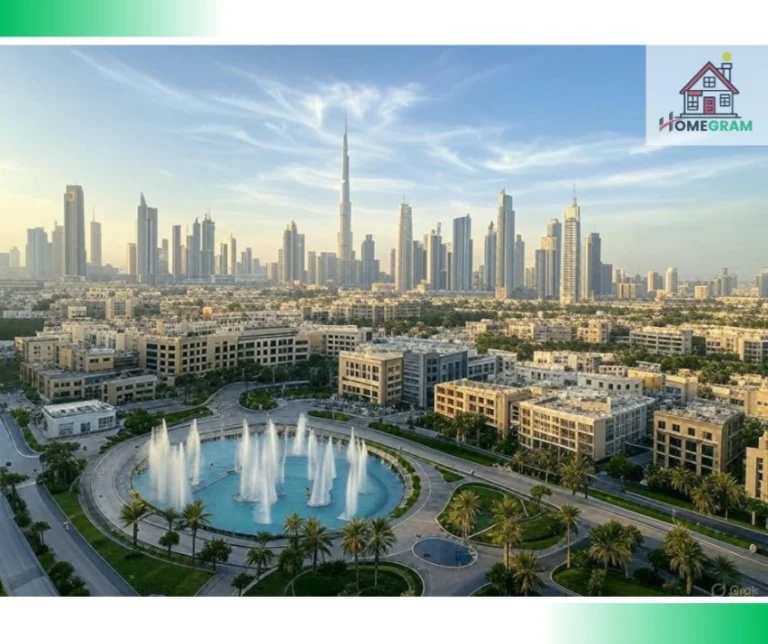
Table of Contents
In February 2025, Dubai’s real estate market experienced a remarkable surge, with property sales soaring by nearly 40% compared to the same month last year. This significant growth underscores the emirate’s robust economic landscape and its appeal to both local and international investors.
Introduction
Dubai’s real estate sector has long been a barometer of its economic vitality. The recent upsurge in property sales not only highlights the city’s resilience but also its adaptability to global economic shifts. This article delves into the factors contributing to this growth, offers a comparative perspective with global markets, and provides insights for potential investors.
Dubai’s Real Estate Market Performance in February 2025
Overall Sales and Transactions
In February 2025, Dubai recorded approximately 16,099 real estate transactions, marking a 35% increase compared to February 2024. The total value of these transactions reached AED 51.1 billion (approximately $13.9 billion), reflecting a 55% surge from the same period last year.
Segment-wise Analysis
- Villa Sales: Villa transactions experienced a substantial rise, with sales nearly doubling to AED 18.8 billion, a 99.7% increase, totaling 3,679 units compared to February 2024.
- Plot Sales: Plot sales surged by 74.7%, reaching AED 9.6 billion across 608 transactions.
- Apartment Sales: The apartment segment also showed robust performance, with sales totaling AED 21.4 billion, a 21.3% increase, with 11,364 units sold.
- Commercial Properties: Commercial property transactions amounted to AED 1.2 billion, up 40.1% from the previous year, with the average price per square foot climbing 3.4% to AED 1,551.
Notably, the most expensive property sold last month was a luxury villa in Hadaeq Sheikh Mohammed Bin Rashid, fetching AED 140 million, while a lavish apartment in The Rings – 1 at Jumeirah Second sold for AED 116 million.
Factors Driving the Surge
Economic Resilience and Population Growth
Dubai’s economic resilience has been bolstered by strategic government policies and a dynamic economic landscape. The emirate’s reputation as a safe haven for investors remains solid, supported by a 5% increase in population and robust economic expansion.
Investor Confidence and Safe-Haven Status
The city’s status as a safe haven for real estate investment has bolstered investor confidence from local, regional, and international markets. Over the past five years, Dubai’s property sales in February have skyrocketed by 449% in value, jumping from AED 9.3 billion in 2020 to AED 51.1 billion in 2025.
Comparative Analysis with Global Markets
While Dubai’s property prices have surged by 27% year-on-year as of January 2025, with villas and apartments seeing increases of 31.2% and substantial growth, respectively, this price escalation outpaces that of major cities like London, Paris, and Madrid. However, concerns loom over the sustainability of such growth, given the city’s history of boom and bust cycles.
Pros and Cons of Investing in Dubai’s Real Estate
Pros
- High Rental Yields: Investors can benefit from attractive rental returns due to strong demand.
- Tax Benefits: Dubai offers a tax-free environment on property income and capital gains.
- Strategic Location: Serving as a global hub, Dubai provides connectivity and business opportunities.
Cons
- Market Volatility: The real estate market has experienced fluctuations in the past.
- High Living Costs: An influx of expatriates has driven up living expenses, while salaries have remained relatively stagnant.
- Regulatory Changes: Potential policy shifts could impact the real estate landscape.
Conclusion
Dubai’s real estate market continues to demonstrate resilience and growth, driven by robust demand, strategic government policies, and a dynamic economic landscape. While opportunities abound, potential investors should conduct thorough due diligence and consider both the benefits and risks associated with the market.
Popular




